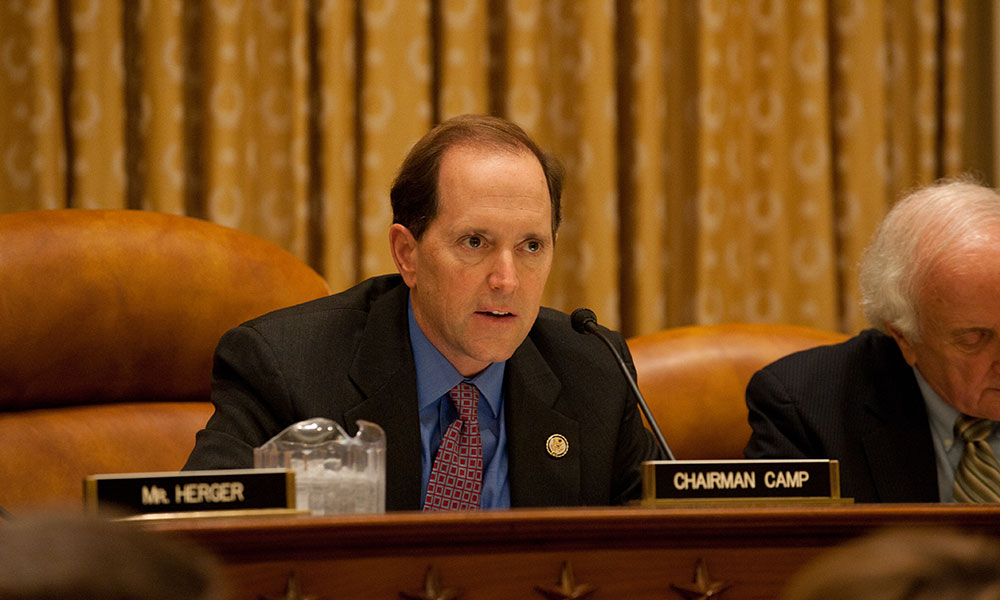
Associations Studying Implications of Camp Tax Reform Plan
On Wednesday, Rep. Dave Camp (R-MI) released his long-awaited tax reform bill, which could have lasting effects on associations. The nonprofit community is scouring the 1,000-page bill to assess its implications.
Tax reform came closer to reality this week, but it’s still got a long way to go.
The idea of tax reform is to get our economy going again, provide more economic growth, more jobs, and higher wages.
On Wednesday, House Ways and Means Committee Chairman Dave Camp (R-MI) released his long-anticipated plan to dramatically overhaul the U.S. tax code, which House leaders have signaled will likely be subject to a longer conversation that could extend beyond 2014.
“The idea of tax reform is to get our economy going again, provide more economic growth, more jobs, and higher wages,” House Speaker John Boehner (R-OH) told reporters this week. “The way you do that is you bring down rates, and to bring down rates you clean out a lot of the garbage that’s in there, and the special interest issues that are in there. And so I think we ought to have a real conversation about this, and this is the beginning of this conversation.”
While numerous tax experts and congressional staff have given long odds on the bill advancing this year, there are now specific policy prescriptions and actual legislative language on the table for affected parties to study and weigh in on.
Camp’s plan would reduce the top corporate tax rate to 25 percent, down from the current 35 percent, and reduces the top individual tax rates to 35 percent (25 percent for certain income) from the current 39.6 percent. Getting to those lower rates requires Camp to pare back some popular tax deductions and credits valued by various individual and business interests.
ASAE is still combing through the bill, which is close to 1,000 pages long, but has identified a number of specific provisions that expand the unrelated business income tax (UBIT) statute and could affect the revenue streams of many associations and tax-exempt organizations.
Camp’s plan will likely face a number of obstacles, including opposition from Democrats who want tax reform to raise more revenue instead of the revenue-neutral approach favored by Camp.
Camp recently lost his tax-writing partner in the Senate when Sen. Max Baucus (D-MT) was confirmed as the next ambassador to China. Baucus’ successor as Senate Finance Committee Chairman, Sen. Ron Wyden (D-OR), has signaled he may be more interested in moving an extension of expired tax breaks than a comprehensive tax reform package.
Camp also has work to do to educate rank-and-file Republicans about why they should support a bill that tinkers with tax breaks favored by voters. Senate Minority Leader Mitch McConnell (R-KY) downplayed the bill’s chances this week, saying that any progress on tax reform will likely need to come after the November midterm elections.
Rep. Dave Camp, the Chair of the House Ways and Means Committee. (photo via the committee's website)






Comments